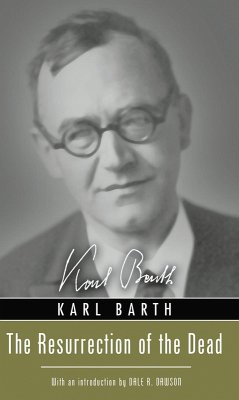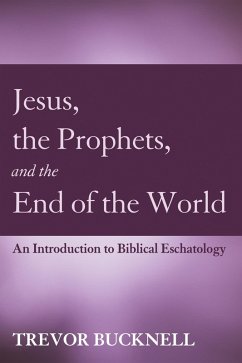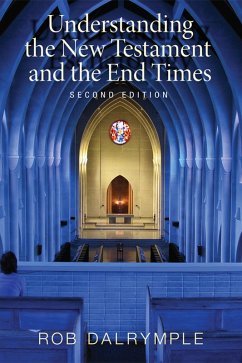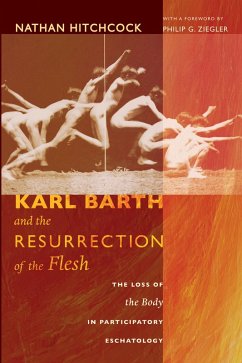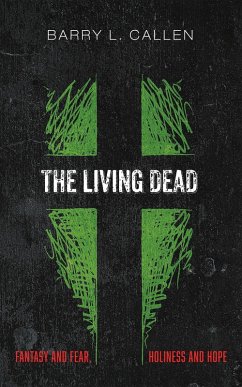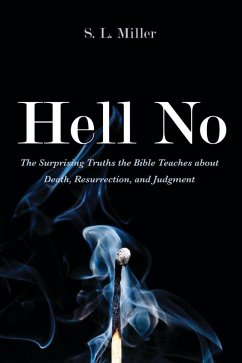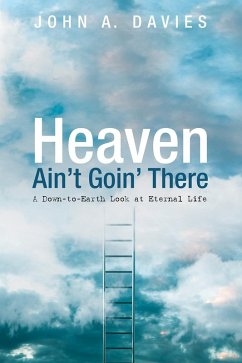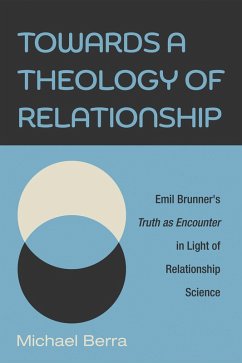Karl Barth saw Chapter 15 as the center of 1st Corinthians, arguing that a misunderstanding of the resurrection underlies all the problems in Corinth. In this volume, he develops his view of biblical eschatology, asserting that Chapter 15 is key to understanding the testimony of the New Testament. Barth understood the last things not as an end to history but as an end-history with which any period is faced. "He only speaks of last things who would speak of the end of all things, of their end understood plainly and fundamentally, of a reality so radically superior to all things that the existence of all things would be utterly and entirely based upon it alone, and thus, in speaking of their end, he would in truth be speaking of nothing else than their beginning." Page 104
Dieser Download kann aus rechtlichen Gründen nur mit Rechnungsadresse in A, D ausgeliefert werden.

